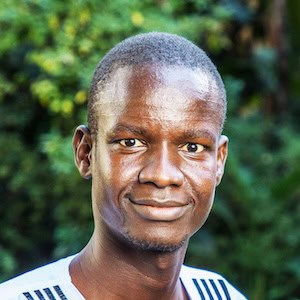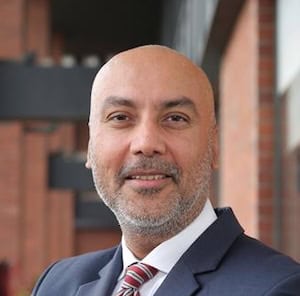-
When It Comes to Cash Transfers, the Medium Matters: The pros and cons of delivering aid via cash, voucher or digital payment in two African programs
Mobile payments have some clear advantages over cash in the developing world, but they are not without limitations. Existing research points to lack of trust, inadequate marketing efforts and inhospitable regulatory frameworks as some of the key factors that limit the adoption of mobile financial services.
- Categories
- Technology
-
NexThought Tuesday – Debt is Good: Especially when it helps sustainably fund public health budgets in low-income countries
A new entity, the health bond, is a way to leverage the mountains of African sovereign debt coming to market over the foreseeable future, potentially raising additional funding to support public health.
- Categories
- Health Care
-
Weekly Roundup 8/29/14 – Getting In While the Getting’s Good: Why the Bain Capital, TOMS deal could be the first of many
Going into the Social Capital Markets Conference (SOCAP14) next week, Bain Capital’s 50 percent purchase of TOMS Shoes for a reported $300 plus million was reverberating throughout social media. Most of the reactions in the impact investing community were positive, although many continued to question buy-one, give-one, model.
- Categories
- Uncategorized
-
‘Cash Burns Your Pocket’: New World Bank, Gates report finds mobile payments vital to G20 goals
Just 41 percent of adults in developing economies have a bank account - a problem that G20 nations are increasingly focused on. To that end, this week the Gates Foundation, the Better than Cash Alliance and the World Bank released a report on the potential of digital payments to advance financial inclusion - and the challenges that must be addressed.
- Categories
- Uncategorized
-
Perspective: How women across Latin America are building a culture of entrepreneurship
Attitudes toward women entrepreneurs in Latin America are slowly but surely changing, mostly due to the efforts of women who are forging ahead with their enterprises and establishing new network support groups. In working with multiple partners across Santiago, Maxwell Kangkolo, co-founder of The Go Project, offers a perspective on women carving out a chasm through a male hierarchical culture.
- Categories
- Uncategorized
-
How to Prevent the Next Health Crisis: Without vaccines, we’re vulnerable not just to Ebola, but a variety of other deadly diseases
More than 20 million kids weren’t vaccinated last year. How do we fix that problem? Dr. Utibe Effiong says we can start by engaging with more religious leaders to encourage vaccination. More importantly, we must invest in job creation to bring families out of poverty. When a family is hungry, vaccination is their last priority.
- Categories
- Health Care
-
Walk a Mile in My Shoes: Why participatory market research for BoP customers generates deep insights
Participatory market research can provide reliable data for developing inclusive business models. By involving the target group as partners rather than passive objects, researchers can not only see the world through their eyes, but also discover new solutions together with consumers. Endeava’s Christina Gradl-Knobloch and Claudia Knobloch share some lessons from recent sessions in Brazil, Sierra Leone and Madagascar.
- Categories
- Education
-
A Shift in Focus: Impact investing needs to concentrate less on problems, more on solutions, says Burckart
Impact investing has generated plenty of discussion and some fairly unbridled enthusiasm - though earlier predictions of $1 trillion in new capital by 2020 now seem overly optimistic. Bill Burckart, managing director of Impact Economy North America, discusses the sector’s growth and challenges in this video interview, part 6 of our Impact Investing Insights series.
- Categories
- Impact Assessment, Social Enterprise
- Tags
- impact investing









